Address
304 North Cardinal St.
Dorchester Center, MA 02124
Work Hours
Monday to Friday: 7AM - 7PM
Weekend: 10AM - 5PM
Healthcare / hospitals highly rely on internet connectivity for their services because it enables access to electronic health records, telemedicine, medical imaging, remote patient monitoring, real-time communication, and coordination among healthcare professionals.

Internet connectivity is crucial for accessing and updating patient records securely in real-time, enabling seamless coordination among healthcare providers.
Internet connections are essential for conducting remote consultations, virtual visits, and telemonitoring of patients’ health conditions.
Internet connectivity enables the secure exchange of patient data between different healthcare organizations, improving care coordination and patient outcomes.
High-resolution medical images are often transferred over the internet for diagnosis and collaboration among radiologists and specialists.
Internet-connected medical devices, such as wearables and home health monitoring systems, transmit patient data for continuous monitoring and timely interventions.
Internet connectivity supports access to medical literature, research databases, and analytical tools, enabling evidence-based decision-making and medical research.
Healthcare facilities utilize internet-based systems to manage appointments and provide patients with access to their medical records through secure online portals.
Internet connectivity allows healthcare providers to electronically send prescriptions to pharmacies, improving accuracy and efficiency in medication management.
Internet of Things (IoT) devices, such as smart medical devices and IoT-enabled hospital equipment, rely on internet connectivity for data transmission and remote management.
Internet-based clinical decision support systems assist healthcare professionals in diagnosing and treating patients by providing relevant medical information and guidelines.

Overall, internet connectivity plays a vital role in modern healthcare, enabling more efficient and patient-centric services while promoting collaboration among healthcare providers and enhancing the overall quality of care. However, it also underscores the importance of robust cybersecurity measures to protect patient data and ensure the integrity of healthcare systems and operations.
Advanced DNS Security is crucial for governments at all cyber defense levels to protect critical infrastructure, sensitive data, and national security interests.
DNS Security measures should be integrated into national cybersecurity strategies to counter evolving cyber threats and prevent potential DNS-based attacks.
Collaborative international efforts are necessary to address global DNS security challenges and enhance resilience against cross-border cyber threats.

